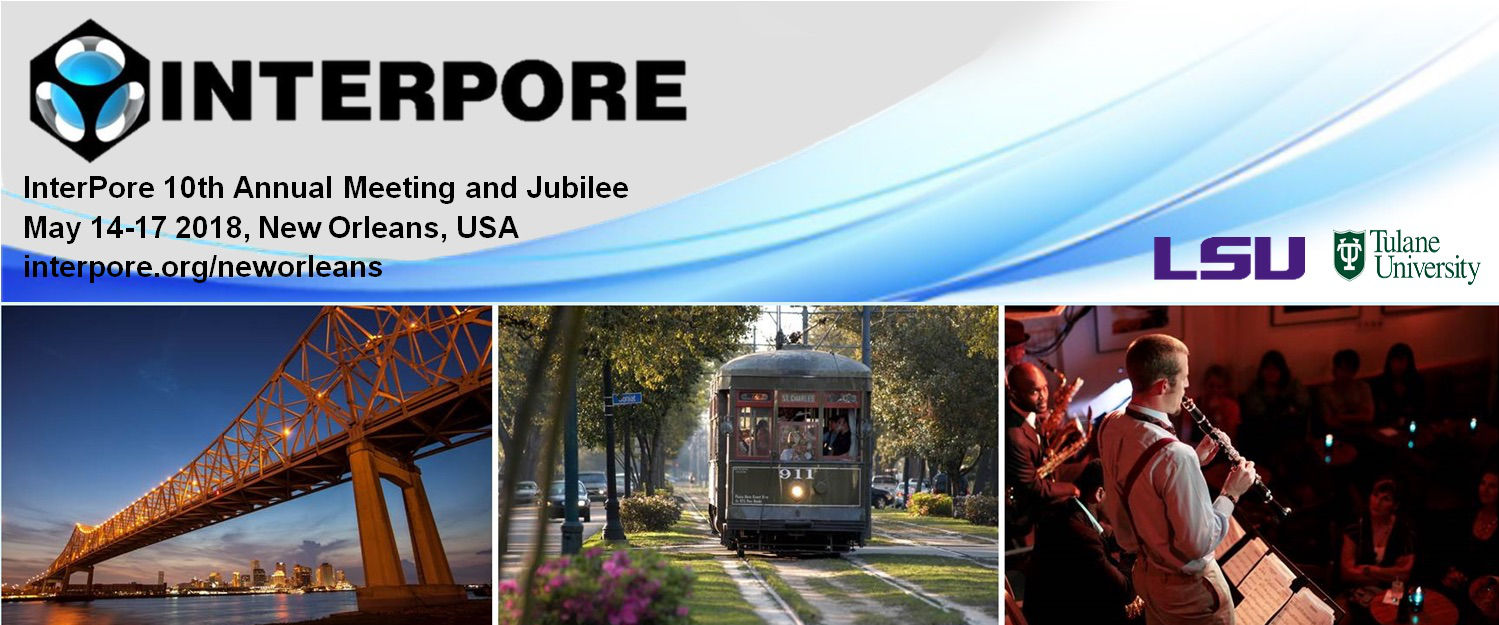Speaker
Description
For further research on the effect of heavy oil viscosity on the fracture geometry, this paper establishes heavy oil fracturing model and conventional fracturing model based on thermal-hydraulic-mechanical (THM) coupled theory, Walther viscosity model and K-D-R temperature model. We take viscosity and density within heavy oil fracturing model as functions of pressure and temperature, while that as constants within conventional fracturing model. A heavy oil production well is set as an example to analyze the differences between the two models in account of thermo-poro-elastic effect. The results show that temperature has the greatest influence on heavy oil viscosity, while pressure presents the least influence; A cooling area which has 0~1meters width and varied length generates near the fracture. Heavy oil viscosity increases sharply in this area, presenting an area of viscosity increment. Heavy oil viscosity increases faster closer to wellbore, and a large viscosity increment will reduce the mobility of heavy oil and prevent fracturing fluid from bumping into reservoir; The special viscosity distribution results in significant differences of pore pressure, oil saturation and changing trend between these two models; In heavy oil reservoir fracturing model, the thermal effect completely exceeds the influence of pore elasticity, and the values of the fracture length, width and static pressure are larger than those calculated in conventional fracturing model. Thus the change of heavy oil viscosity plays a dominant role in influencing the expansion of hydraulic fracture.
| Acceptance of Terms and Conditions | Click here to agree |
|---|


